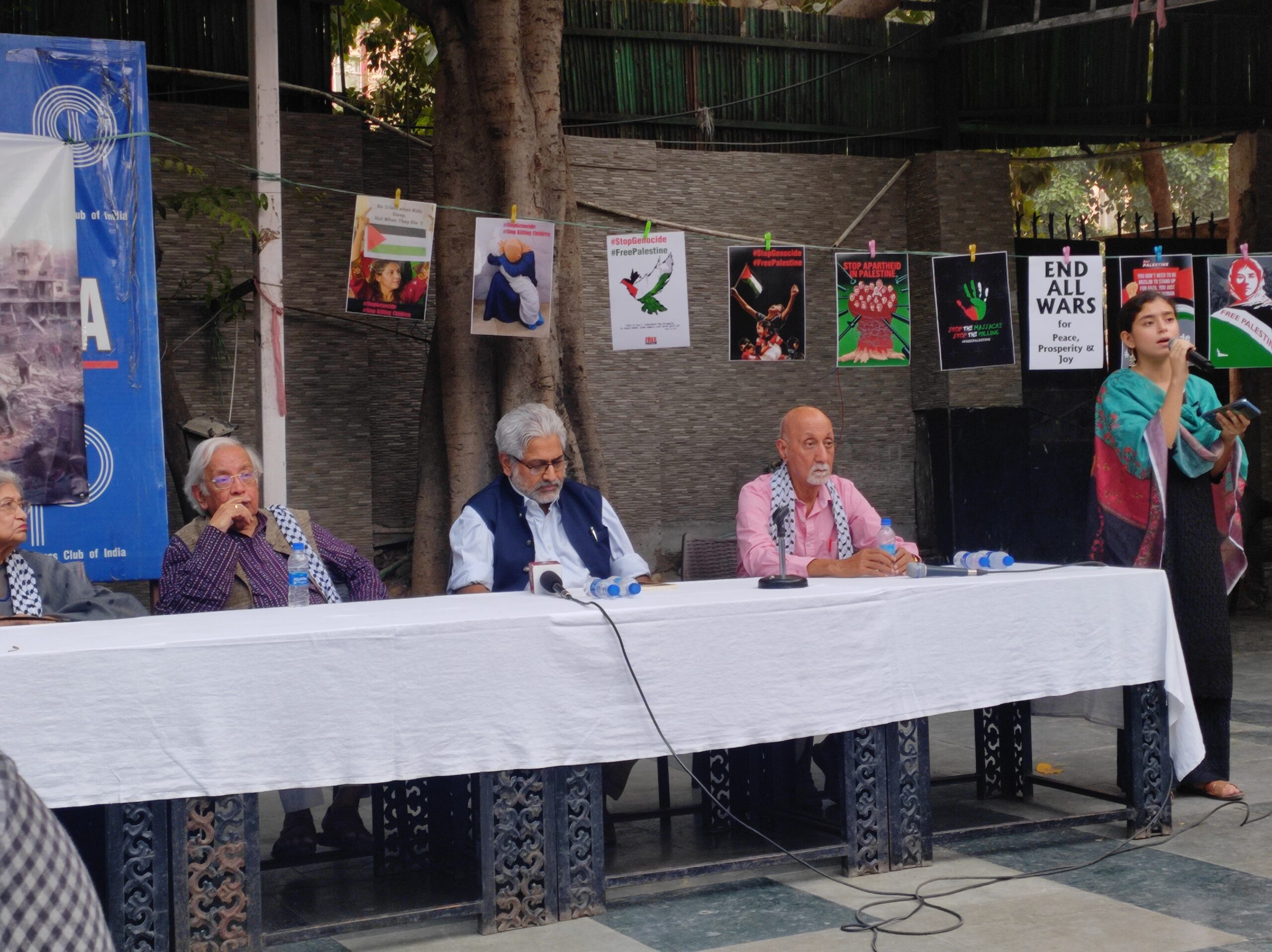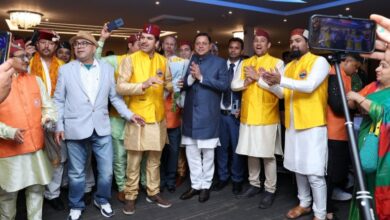Untold story of a dedicated brave fighter of Bangladesh Liberation war, Shadi Imam Rumi Bir Bikram, killed in Pakistan captivity

This write-up is dedicated to Shafi Imam Rumi, Bir Bikrom, for his services in the Bangladesh Liberation war in 1971. Unfortunately, he was killed in Pakistani captivity.
Shafi Imam Rumi was born on the 29th of March, 1952 to Engineer Sharif Imam and mother Jahanara Imam—the legendary Iron Lady of Bangladesh. He was the eldest amongst the two sons of Mrs. Jahanara Imam.
He started his schooling at a local kindergarten in Azimpur and is an alumnus of the Adamjee Cantonment Public School and College in Dacca. He passed his matriculation in 1968 and passed with flying colors, appearing 3rd in the Pakistan Education Board. During his college days in the East Pakistan University of Engineering and Technology, he joined the University Officers Training Corps and was promoted to the rank of a Sergeant. And by the month of March of 1971, he completed college and had applied to study in the Illinois Institute of Technology in the US instead of choosing a career in the Pakistan Armed Forces.
But by the end of college, his ideals were changing, influenced by the Awami league and Sheikh Mujibur Rahman, watching the Pakistani government’s oppression in Bangladesh with his own eyes and took part in each and every rally and protest organized by the Awami League against the Pakistani government. He was present in the Dacca Race Course when Sheikh Mujibur Rahman gave his historic 7th March speech.
And from his own house, he saw the inhumanity committed by the Pakistani army on the 25th of March, 1971. Seeing and hearing of this, he decided to join the Mukti Bahini and fight for his nation’s freedom. His mother didn’t want him to join, but he managed to finally convince her. He had made some contacts before hand with people smugglers working with the Mukti Bahini in the city of Dacca who had promised to get him across the border to India.
And it was his own mother who drove him up to his contact and dropped him off. It was the 19th of April, 1971, when he left the comfort of his home to fight the Pakistani oppression. When he left for India, he just had a few hundred of Pakistani rupees with him.
With two attempts to cross the border, he finally came to the Melaghar Mukti Bahini training camp, near Agartala from where he received his training. At that time, the Sector-2 commander, Major Khaled Mosharraf was looking for civilian volunteers to form the Crack Platoon—a superiorly trained Mukti Bahini commando team for quick hit-and-run operations that included sabotage and invoking terror on the Pakistani army deep inside Dacca.
And it was Shafi Imam Rumi who volunteered in his first go.
After his training to become a Crack Platoon commando was over, he crossed the border from Melaghar and entered Bangladesh. He and his boys were ordered to take part in heavy guerilla operations right in the heart of Dacca in the month of June-July, 1971.
He came back to his home in Dacca and from his home and other Mukti Bahini safehouses in Dacca, he and his comrades launched raids on the Pakistani positions in Dacca. His first operation was the sabotaging of the Siddhirganj Power station, followed by a few hit and run operations using a Pak army jeep. Once on their jeep, he and his comrades were chased by Pak army vehicles, doubling back in the streets of Dacca in the middle of the night, returning back fire at the chasing enemy. It was him who had gunned down a few Pakistani soldiers from his jeep with his Sten Submahine gun, clearing their escape. A few Pak army soldiers were killed in this chase, but nothing happened to Rumi and his comrades.
Rumi and his comrades were heralded as Heroes after this ordeal.
But things turned worse for him as the Pak army intelligence got hold of his and his comrades, and arrested Rumi from his house. Rumi’s house was rounded up by armed Pakistani soldiers and officers, beamed with searchlights in the middle of the night and Rumi, his younger brother Jami and his father Sharif were picked by a Captain Quayyum of the Pakistani army in front of his mother.
Here, Rumi’s mother—Mrs. Jahanara Imam protested but Captain Quayyum politely asked her to step back and assured her that they were just picked up for a routine questioning. So, Rumi’s father got his 2 sons into his own car and was asked to follow the Pakistani army convoy. As the convoy of vehicles entered the intersection of Mirpur road and Elephant Road—the convoy stopped and Rumi was separated from his father and brother and was asked to get up in one of the Pakistani vehicles. The 3 of them including Rumi were taken to a detention center where he, his brother and his father encountered severe torture in the hands of the Pakistani army. They were later taken to the Ramna Police Station where another ordeal of torture on him, his father and his brother began. Here, Rumi was reunited with his comrades of the Crack Platoon—who were picked up from their safe houses in the same way by the Pak army and were tortured brutally.
Later, Rumi’s brother Jami and his father were separated from Rumi and was after some questioning, except for Rumi and his comrades—Rumi’s father and brother were left free to go home, with a promise that even Rumi would soon be set free as well.
Coming back home, Rumi’s father and brother were nursed back to health by Mrs. Jahanara, but Rumi never came back. Mrs. Jahanara—his mother made desperate efforts to locate her son, even enquiring Bengalis in high positions in the government to reaching out for the Pakistani army captors who had taken him, but nothing came of any help.
Rumi’s father died in the last days of the war and Rumi was presumed as Missing in Action after his capture. But it was later found out that after the release of his father and brother, Rumi and his comrades of the Crack Platoon were taken to the army camp in Nakhalpara, Dacca and were handed over to the Razakars.
Here, the Razakars led by Ali Ahsan Mojaheed, murdered Rumi and his comrades of the Crack Platoon. He wasn’t brought to justice for over 42 years and roamed as a free man in Bangladesh, even entering Bangladeshi Politics till he was found guilty and received life sentence on the 18th of July, 2013.
Ali Ahsan Mojaheed was declared as a war criminal and was given capital punishment by the Bangladeshi government—hanging till death on the 22nd of November, 2015.
Shafi Imam Rumi was awarded the Bir Bikrom by the Bangladeshi government for his supreme sacrifice. ( M M Dhaundiyal)




